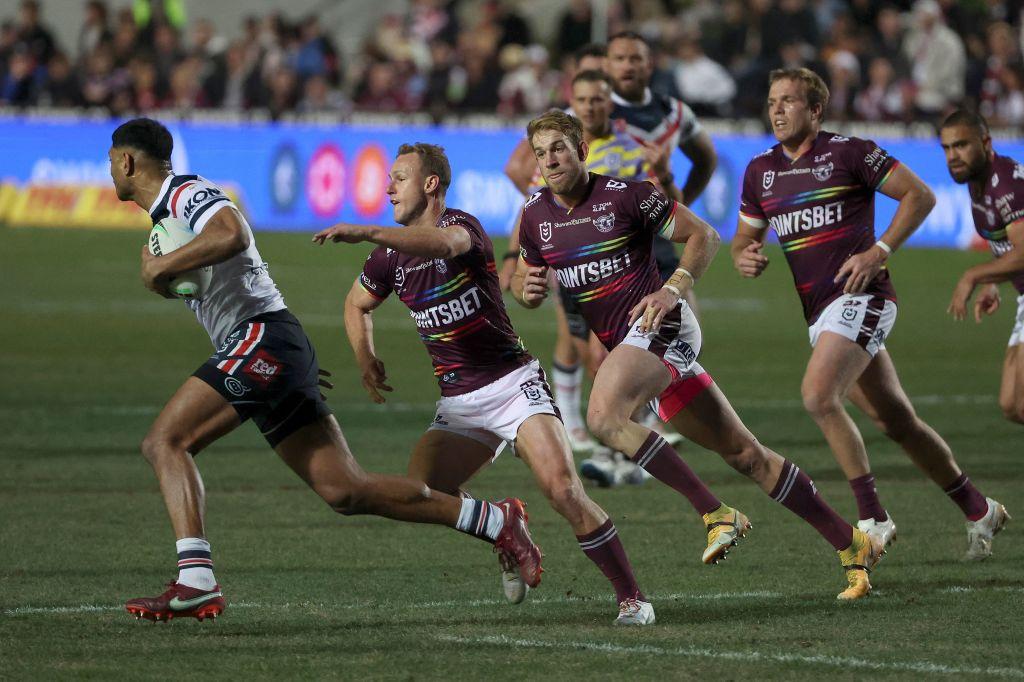Commentary
The Manly rugby league “pride” jersey saga in Australia has again raised the spectre of virtue signalling in sport and demonstrated how it produces numerous inconsistencies and has unintended consequences.

The Manly rugby league “pride” jersey saga in Australia has again raised the spectre of virtue signalling in sport and demonstrated how it produces numerous inconsistencies and has unintended consequences.